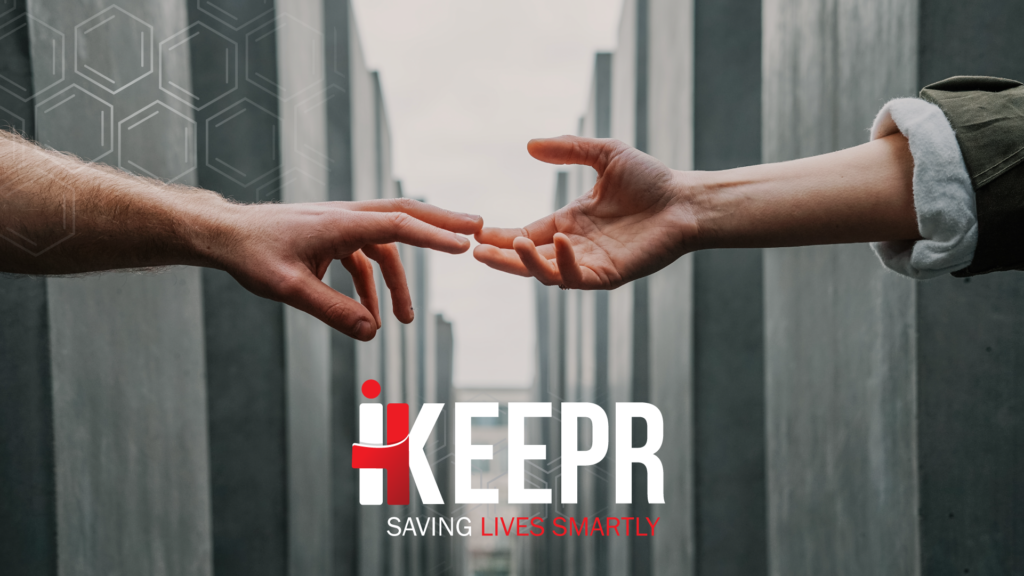Initially, Fentanyl was a labeled and unaware toxin. It was first developed in 1959 and was largely used as a medical sedative and pain reliever without the negative effect of nausea. It has a 100-fold higher toxicity than morphine and a 50-fold higher toxicity than heroin.
What is Fentanyl?
It is a strong synthetic opioid that is 50 to 100 times more potent than morphine. It is a prescribed medicine that is also illegally manufactured and consumed. A drug that’s similar to morphine except that it’s used to treat people who are in a lot of pain, particularly after the operation. As it is also used to treat chronic pain patients who are physically tolerant of other opioids.
Use of Fentanyl:
Fentanyl may be habit-forming, especially with prolonged use. Use it exactly as directed. Do not use a larger dose of it. Do not use the medication more often. Or use it for a longer period of time than prescribed by your doctor. While using fentanyl, discuss with your doctor first. About the pain treatment goals, length of treatment, and other ways to manage your pain.
Heroin, cocaine, methamphetamine are mixed with fentanyl because it produces a high with a small amount of drug, making it a less expensive option. This is especially harmful when users are unaware that their medications may include fentanyl, a cheap but lethal addition. They may be taking higher opioids than their bodies are adapted to, increasing their risk of overdosing.
Mental & Physical Effects of it:
Fentanyl, like heroin, morphine, and other opioid medications, operates by attaching to the body’s nerve terminals, which are present in pain and emotion-controlling parts of the brain. After frequent use of opioids, the brain adapts to the drug, reducing sensitivity and making it difficult to derive pleasure from anything other than the drug.
Relaxation, disorientation, nausea, and other unpleasant side effects might range from mild to severe. Because it is 50 to 100 times more strong than morphine, the negative impacts may be more severe, arrive faster, and persist longer.
- Drowsiness or fatigue
- Confusion
- Trouble concentrating
- Tightness in the throat
- Stiff or rigid muscles
- Relaxation and euphoria
- Constricted pupils
- Physical weakness
- Itching
- Depressed breathing, shallow breaths, or irregular breaths
- Slowed heartbeat
- Sweating
- Flushing
- Constipation
- Dry mouth
- Nausea
Effects of Fentanyl overdose:
Even with a valid prescription, tolerance and reliance can develop. when the body requires more of a drug to achieve the same effect. A common occurrence with opioid painkillers that fentanyl is designed to combat, allowing those with severe chronic pain to still receive relief when other opioids fail. To achieve chemical equilibrium, the brain requires a particular amount of substance. A doctor will most likely taper or replace the fentanyl with another medicine. Fentanyl is rarely provided to persons whose pain will go away, therefore tapering off the medicine is uncommon.
Low blood pressure
Drowsiness
Dizziness
Vomiting and nausea
Changes in pupillary size in a limp body
Cold and clammy skin
Lips and fingernails are blue in tone (cyanosis)
Breathing has slowed or ceased.
Low heart rate
Consciousness loss or reduction
Coma
Fentanyl causes serious damage or death to the kid or an adult who has consumed it without the prescription Even partially used fentanyl can contain enough drugs to injure or kill children or adults. Children should not have access to fentanyl.



